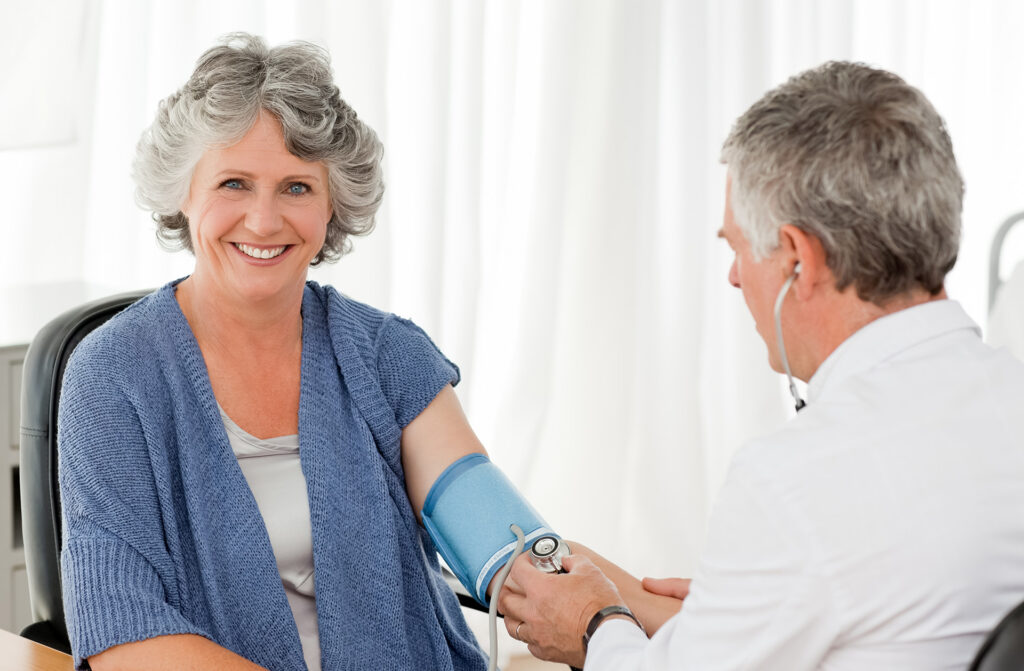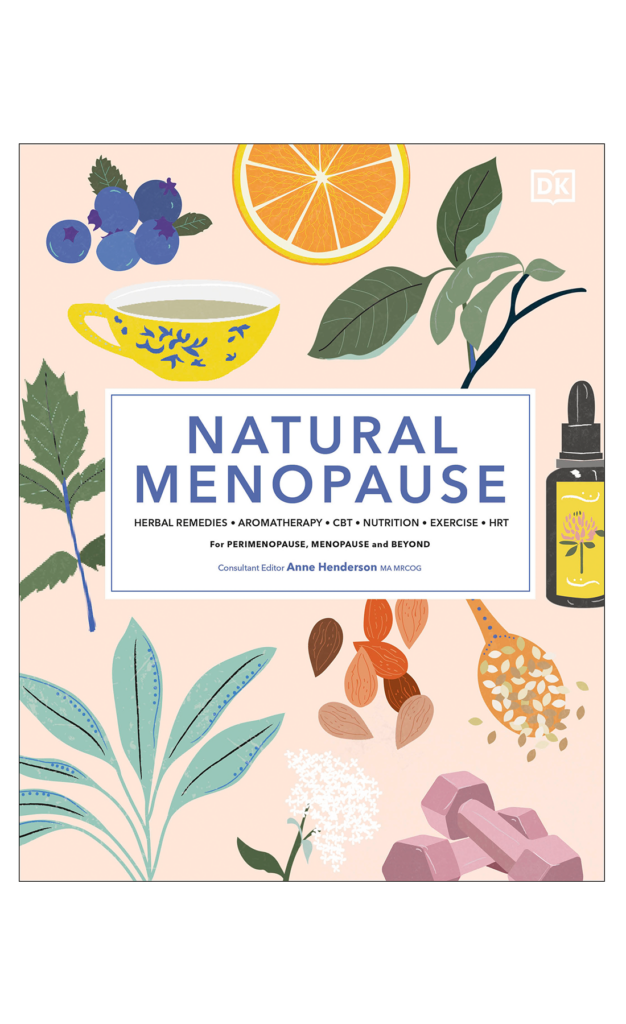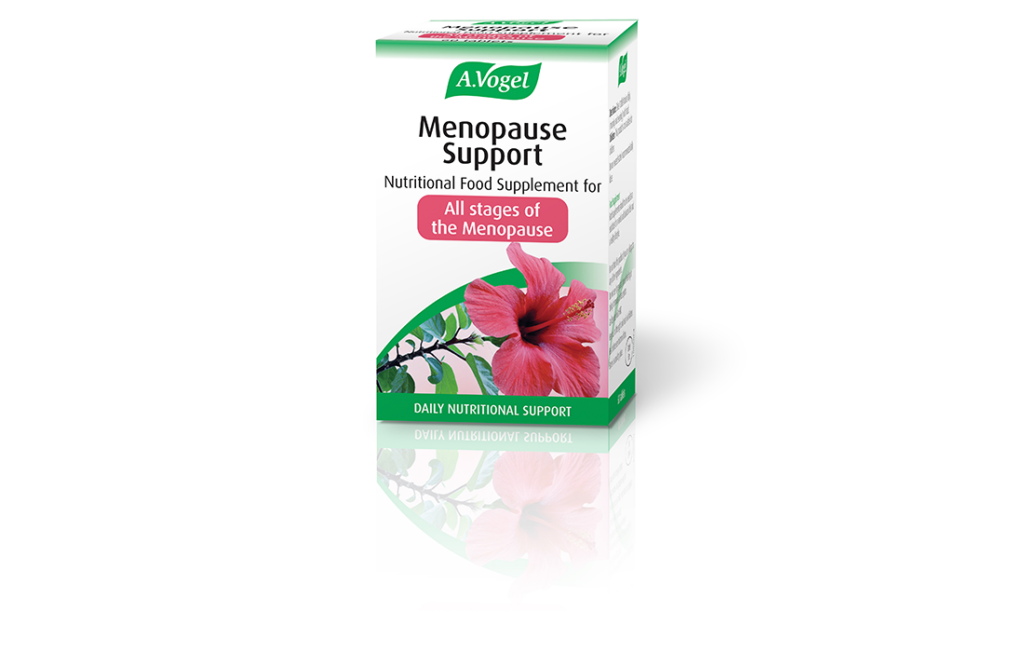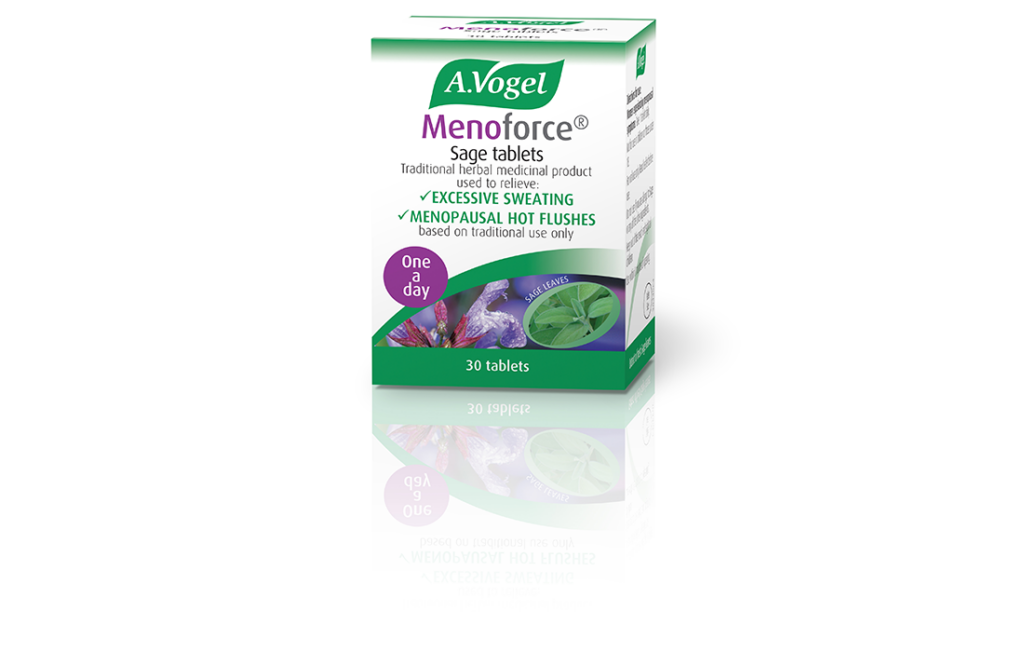Questions About Menopause And HRT? Dr Anne Henderson Is Here To Help!
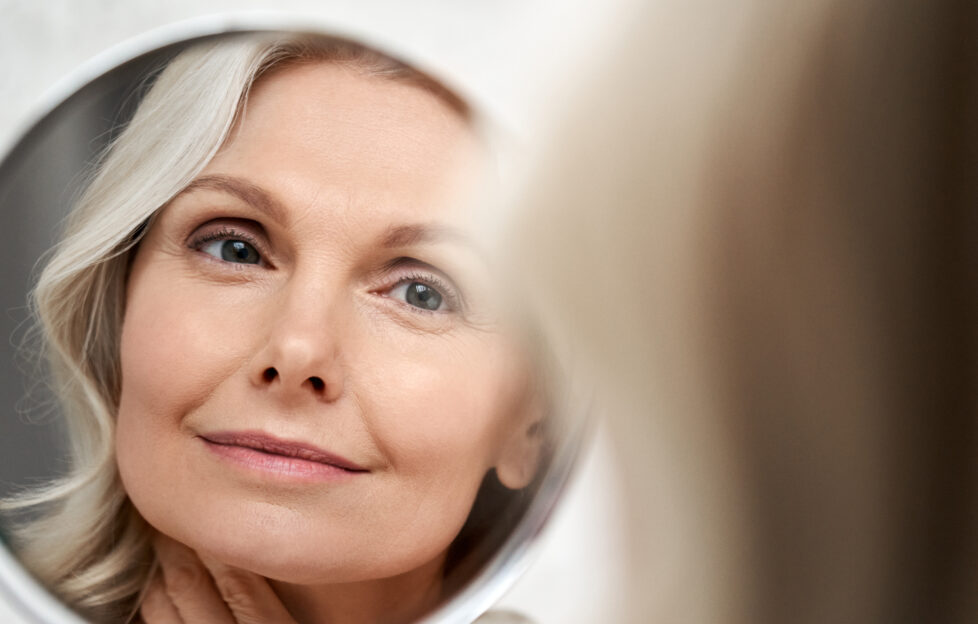
Dr Anne Henderson, author of ‘Natural Menopause’ (Amazon), gynaecologist and menopause specialist (www.gynae-expert.co.uk)
Should I take Hormone Replacement Therapy?
For the vast majority of peri-menopausal and menopausal patients, the benefits of Hormone Replacement Therapy (HRT) overwhelmingly outweigh any negative side effects or risks.
When deciding whether HRT is right for you, the best approach is to look at a general overview, particularly for women who intend to take HRT long-term for at least 2-3 years duration of treatment and up to 10 years or longer. This means considering the HRT benefits such as a reduction in osteopenia/osteoporosis and cardiovascular protection:
- Studies show that women who commence HRT within 18 months or so of the menopause, achieve the greatest long-term benefits, particularly where cardiovascular protection is concerned, where women can gain up to a 50% reduction in cardiovascular mortality rates with up to 10 years of hormone replacement therapy, as long as treatment is commenced at the time of the menopause.
- Unlike many other treatments, the bone and cardiovascular protective effects of HRT last for many years after treatment has ceased, sometimes into the 70s and beyond.
It is extremely rare for HRT to be completely unsuitable. Virtually everyone can have treatment as long as the regime is adjusted and titrated to individual needs – a ‘one size fits all’ approach will rarely be successful.
Empowered and educated
To make an informed decision, it is important to be know the facts about HRT. Women can obtain information from their:
- GP
- practice nurse
- and as GP access has become difficult during the COVID pandemic, the internet provides some excellent, reliable and well researched websites such as Menopause Matters (menopausematters.co.uk)
There are also some excellent books available with detailed, objective and scientifically backed advice such as in my own book ‘Natural Menopause’ which provides a holistic review of menopause management. It is not always necessary to only choose HRT or natural solutions; HRT can often work well when combined with diet, lifestyle and natural methods.
What happens when I want to come off HRT?
There is a trend towards starting HRT earlier, often during the peri-menopause, and continuing for longer, often until the age of 60 and beyond – this means that many women will take HRT for a decade or longer. This represents a significant change compared to previous advice that “women should take HRT in the lowest dose for the shortest time possible”. This statement was never based on scientific information.
When determining the duration of HRT use, this should be based on individual decision with advice from a doctor with menopause training. An annual review is helpful as this advice may change in line with updated scientific and medical recommendations as these change with time.
Slow and steady
Unless there is an urgent medical reason to stop taking HRT suddenly, a gradual withdrawal will make the transition more manageable. It is sensible to have a clear strategy worked out, after discussion with a menopause-trained medical professional, as there may be ‘a few bumps’ during the withdrawal process whilst your body adjusts to the declining hormone levels but, for most women, this can be managed very successfully.
A rough guide in terms of withdrawal time scale is to take a month for each year you have been on HRT to gradually step down through each HRT strength, but women must discuss their individual situations with their menopause specialist.
Supporting HRT withdrawal with herbal medicines
Natural remedies may help support your withdrawal from HRT. They won’t produce exactly the same level of hormonal impact as HRT medications, but they don’t have side effects and are usually very well tolerated. The more gradual the withdrawal, the better support they will provide:
- A supplement containing fermented soy, Isoflavones (Menopause Support £7.75, 30 tablets, health stores, avogel.co.uk ) will protect against some loss of oestrogen as HRT is withdrawn.
- Sage leaf tablets (Menoforce Sage £14.25, 30 tablets, Holland & Barrett, avogel.co.uk) can counter hot flushes and night sweats. It has no contraindications and no hormonal actions, so will not interfere with the process of resettling your hormones. Always look for products that display the THR logo to assure that it has been quality and safety checked and contains the correct medicinally effective dose within each tablet.


